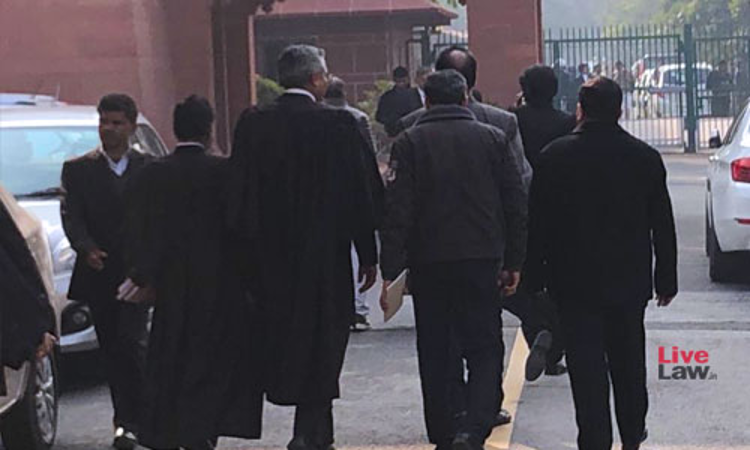When Does Negligence By Advocate Amount To Professional Misconduct?
Manu Sebastian
15 Jun 2019 9:18 AM IST

"Mere negligence unaccompanied by any moral delinquency on the part of a legal practitioner in the exercise of his profession does not amount to professional misconduct"
Next Story


